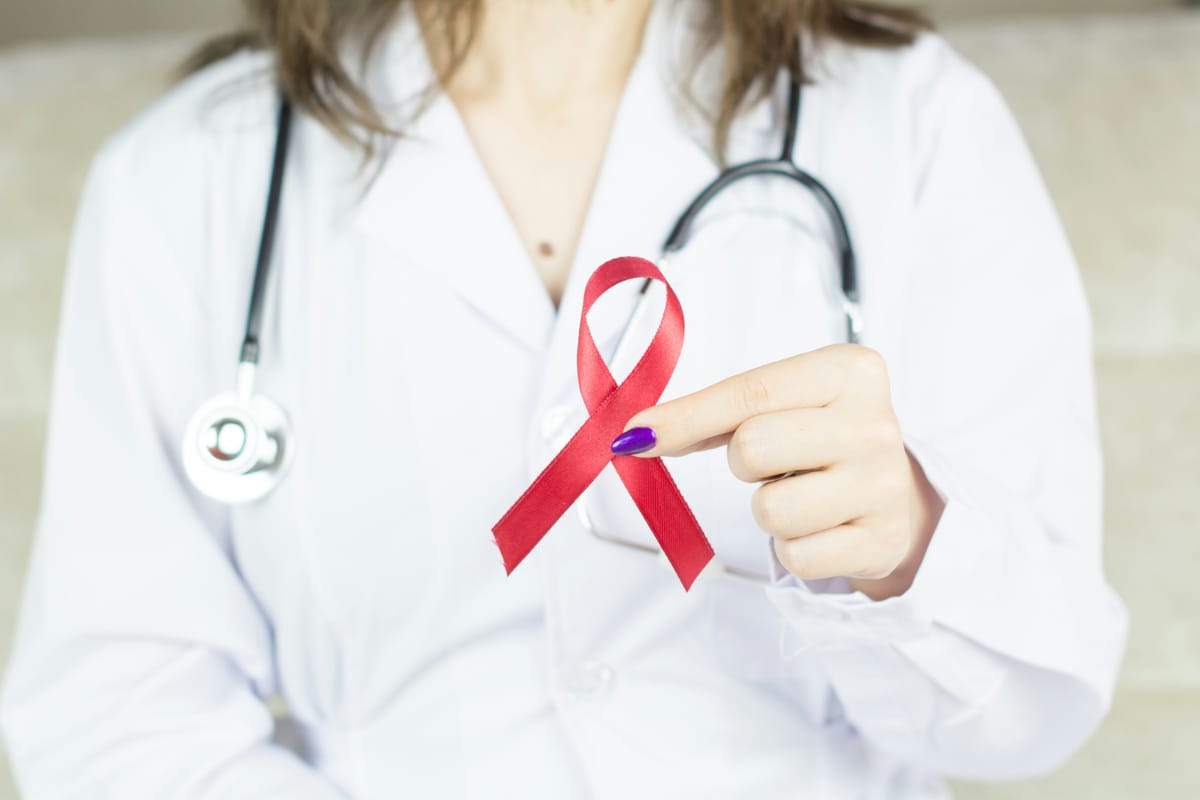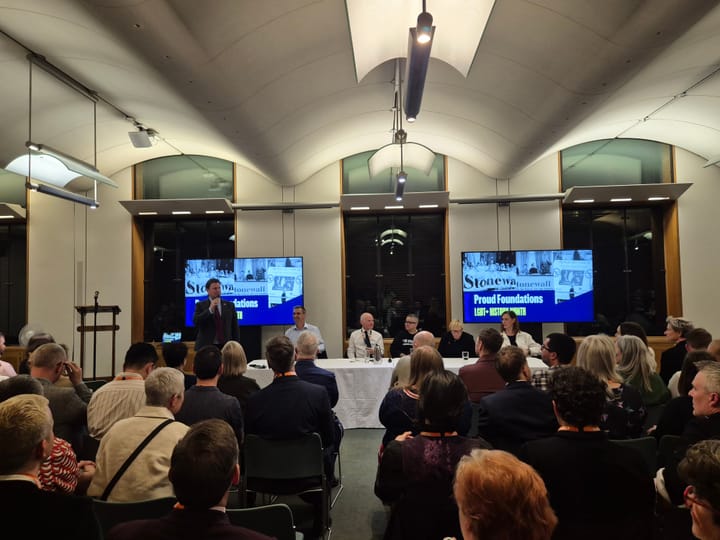HIV diagnoses fall in England but progress among young people falters

The latest HIV surveillance data for 2024, released today by the UK Health Security Agency (UKHSA), reveals promising strides in the fight against HIV, with new diagnoses across the UK falling by 4% - from 3,169 in 2023 to 3,043 in 2024.
The data shows that 95% of adults living with HIV are diagnosed, 99% of those diagnosed are receiving treatment, and 98% of those on treatment have suppressed viral loads, meaning they cannot pass the virus on through sex.
Since the NHS began commissioning HIV prevention medication (PrEP) in autumn 2020, uptake has steadily increased. In 2024, there was a 7.7% rise in the number of people accessing PrEP, with 111,123 individuals now receiving it.
HIV testing in sexual health services rose by 3% overall, and contact tracing - where sexual partners of newly diagnosed individuals are encouraged to get tested - remained highly effective. Of those contacted, 85% were tested, with 5% subsequently diagnosed with HIV.
Deaths among people living with HIV also saw a notable decline, dropping by 14% from 751 in 2023 to 643 in 2024.
Despite these successes, the data highlights ongoing challenges in reaching certain groups. Young people aged 15 to 24 are particularly affected, with HIV testing rates in this age group falling by 7%, while rates increased across all other age groups. Treatment rates among young people were also lower at 96%, compared to 99% for other age groups, and only 91% had viral suppression - below the national average of 98%.
The report also sheds light on disparities in PrEP access. Uptake is highest among white (79.4%) and ethnic minority (77.8%) gay, bisexual and other men who have sex with men, but significantly lower among Black African heterosexual women (34.6%) and men (36.4%).
New HIV diagnoses among gay and bisexual men in England fell by 6%, from 859 to 810, though ethnic minority men accounted for 35% of these cases. Geographic differences persist, with diagnoses decreasing in London but rising outside the capital among heterosexual men.
According to the data, 42% of all new cases in England were late diagnoses. Adults diagnosed late are ten times more likely to die within a year compared to those diagnosed promptly. Half of Black African heterosexuals were diagnosed late, compared to under a third of gay and bisexual men.
Dr Tamara Djuretic, Head of HIV Section at UKHSA, commented: "It's excellent to see new HIV diagnoses fall and our continued success in meeting UNAIDS targets – with 98% of people on treatment having suppressed viral loads, meaning they can live healthy lives and cannot pass HIV on to sexual partners.
"However, we're concerned about poorer testing and treatment outcomes among young people, who are at a crucial stage for establishing healthy sexual behaviours.
"Early diagnosis can be lifesaving, so please get regularly tested if you're sexually active. HIV tests and PrEP are free and confidential through the NHS and local sexual health services. If you do test positive, treatment is highly effective, and you can expect to live a long, healthy life."
The Department of Health and Social Care, alongside UKHSA, NHS England and other partners, is currently developing the next HIV Action Plan, due to be published later this year, to address these challenges and build on the progress made.
Support independent LGBTQ+ journalism
Scene was founded in Brighton in 1993, at a time when news stories about Pride protests were considered radical. Since then, Scene has remained proudly independent, building a platform for queer voices. Every subscription helps us to report on the stories that matter to LGBTQ+ people across the UK and beyond.
Your support funds our journalists and contributes to Pride Community Foundation’s grant-making and policy work.
Subscribe today




Comments ()